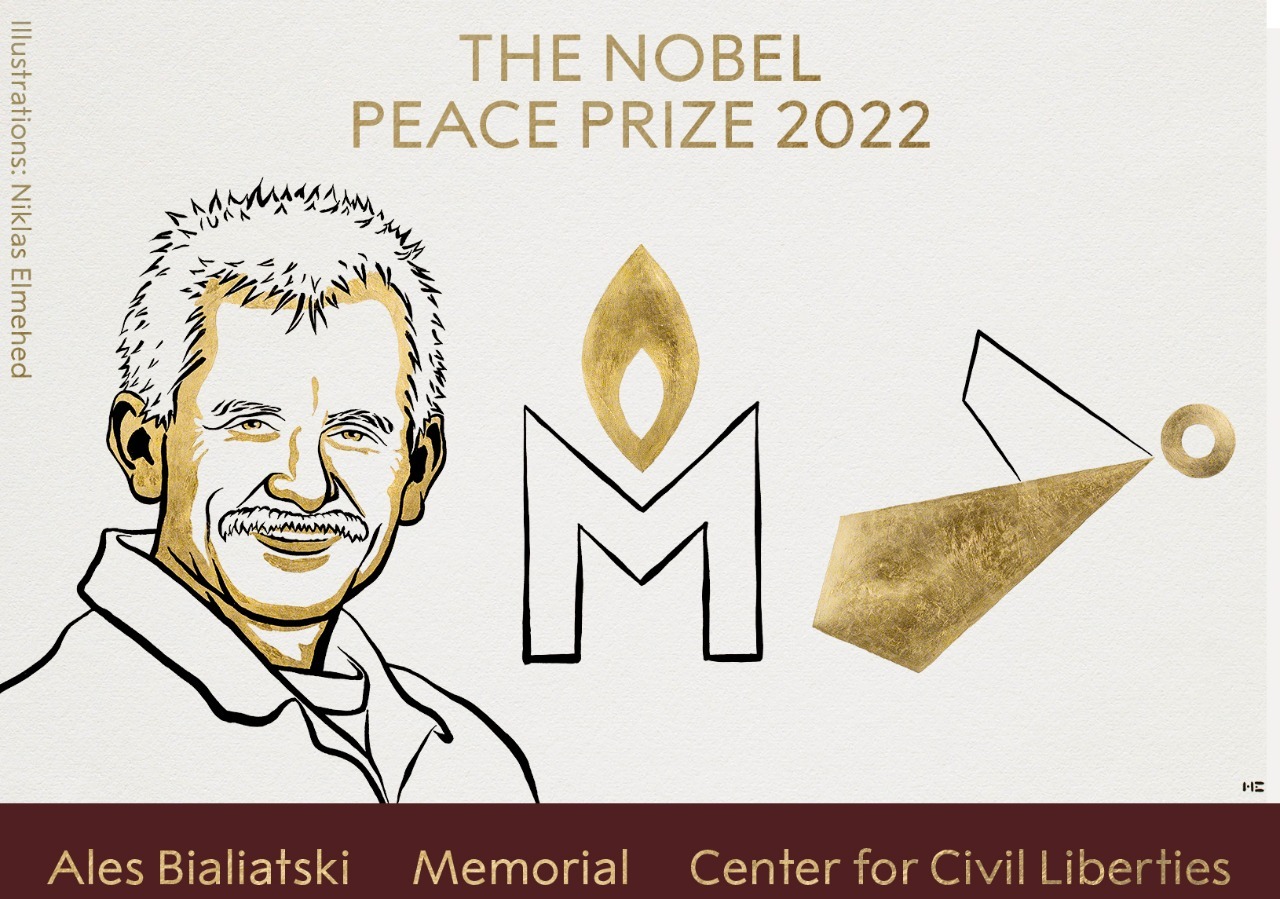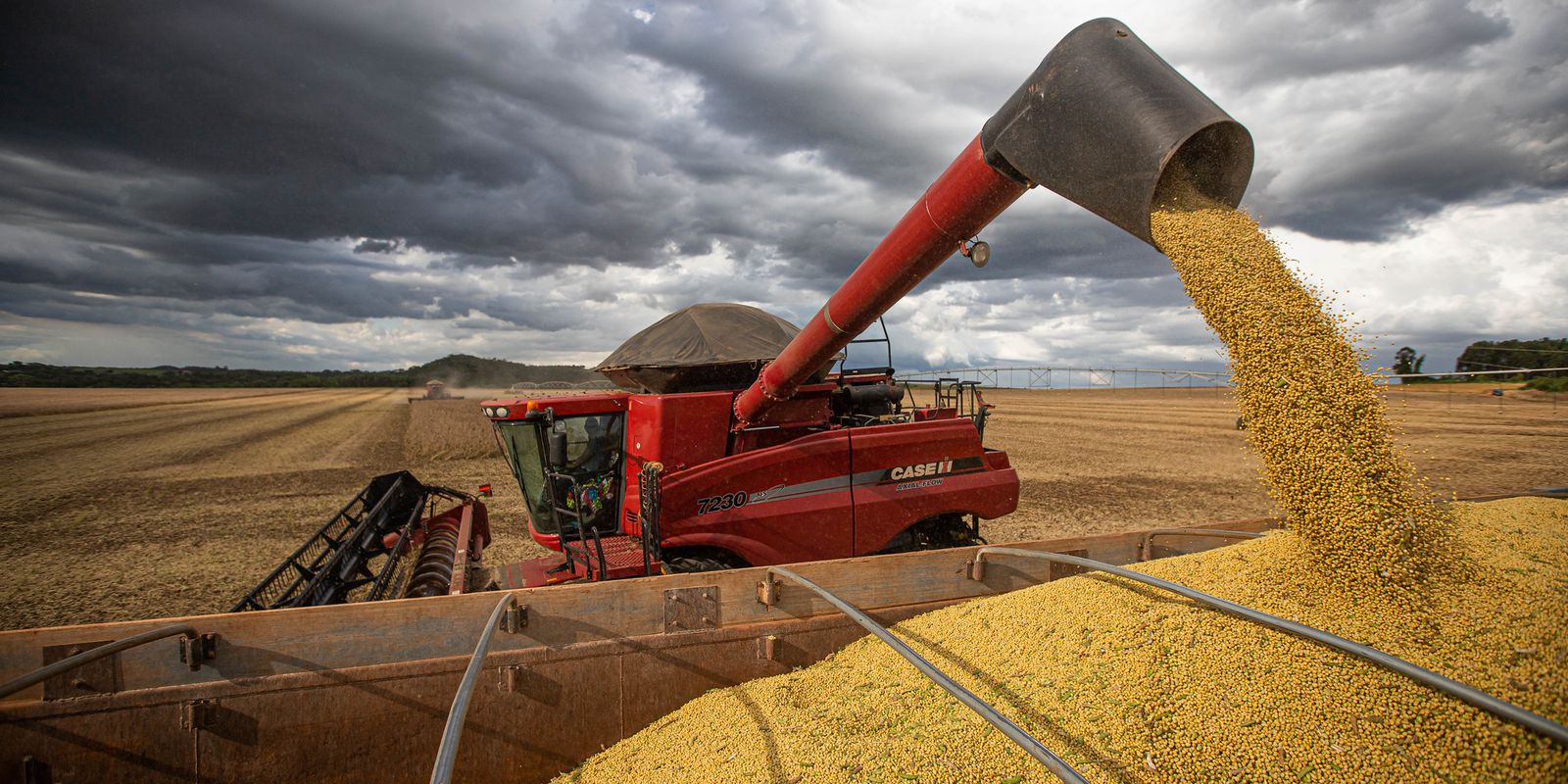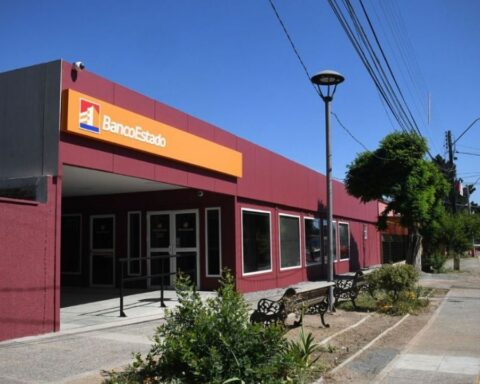The dialogue for a new Constitution is undergoing crucial days, since in this Thursday’s meeting no progress was made in an agreement on the constitutional bases of the new proposal, after a month has elapsed since the round of talks between parties began. ruling and opposition politicians. This Thursday, while the Republican Party decided to get off the discussion tables –both the official one and the parallel instance convened by the PDG and independent parliamentarians–, the government coalitions have expressed their discomfort at a dialogue that continues to drag on, where there are still there is no absolute agreement on deadlines, borders and on the composition of the body that would draw up the new Fundamental Charter.
Although the convening actors of this dialogue table -which left behind its reduced structure and extended the call to all political sectors- publicly admit that there is about 80% progress in the bases that will support the new constituent process, from the ruling party itself admits that the knots that remain are substantial. Participants in this instance of conversation recognize that aspects such as the recognition of indigenous peoples, the use of waters and the degree of extension of property rights still need to be resolved.
Another point of conflict between the ruling party and the opposition is related to the way in which the principle that recognizes Chile as a “social and democratic state of law” would be drafted, in which Chile Vamos seeks to incorporate the notion of “freedoms.” This is directly related to something that for the right is impassable and that is freedom of choice in terms of social rights, which in government coalitions is interpreted as an obvious attempt to maintain the foundations of the subsidiary state.
This last element could be the stumbling block to advance towards a formal agreement, because the official collectivities are not willing to compromise on something that for them turns out to be one of the driving principles that drive the process towards a new Constitution: overcoming the subsidiarity of the State, which, although not stated as such in the current Magna Carta, governs de facto.
In this regard, one of the participants in the so-called “group of eight” that sought to discuss the institutional bases of the new constitutional proposal, deputy Tomás Lagomarsino (PR), said that “we shook hands with Chile Vamos and took the elbow and shoulder. Although we are clear that it is necessary to establish tranquility and certainty in the constitutional bases, that cannot imply maintaining the subsidiary State. Chile Vamos is currently overdrawn, because those tranquility and certainties that they seek to install, are trying to maintain the subsidiary State. And just as for Chile Vamos an edge is not refounding this country, and in front of which in Democratic Socialism we have some points of agreement –such as the right to property–, on the other hand, a A totally impassable edge for us is to overcome the subsidiary State. We have been blunt on that and, until that is cleared up, the dialogue is at a standstill,” he pointed out.
From the ruling party they admit that the negotiations are stalled, in statements that are extrapolated to the government spokespersons, the helmsmen of the parties of Chile Vamos and the presidents of the Senate, Álvaro Elizalde, and of the Chamber of Deputies and Deputies, Raúl Soto . Even the Minister Secretary General of the Presidency (Segpres), Ana Lya Uriarte, assured that her balance of this Thursday’s meeting was “extraordinarily positive”, in an optimistic vision that is shared by the helmsmen of the UDI, RN and Evópoli , who criticized the Republican Party for withdrawing from the talks.
In fact, sources within the government coalitions point out that both Minister Uriarte and the representatives of the right and the actors convening this dialogue “have no other option” than to say that everything is heading towards an agreement, but They add that internally there are still important aspects to discuss, in which context the environment would not be as prosperous as the promoters of this space point out in their spokespersons.
Precisely, from the right they denied that the talks are at an impasse, along with assuring that some of the representatives of the ruling party did not even participate in the entire meeting, prioritizing dialogues with the press, as denounced this Thursday by the senator and president of RN, Francisco Chahuan. Likewise, the parliamentarian added that Chile Vamos will not give in to any pressure to speed up the dialogue, in relation to the fact that some voices from the ruling coalitions argued that part of the right-wing strategy would be to delay the talks, to postpone the election of conventional parties beyond April 2023, which was the date raised as a concrete possibility by the Electoral Service (Servel).
In this sense, Chahuán firmly stated that “neither on September 11, nor on October 18, nor dancing cueca. We do not accept any set dates. We have said that we hope to finish in a reasonable time, that allows us to establish an agreement, where there is a rationality of time, around which we hope that in 2023 this issue will be closed, with an exit plebiscite and a new agreement of coexistence,” he said.








